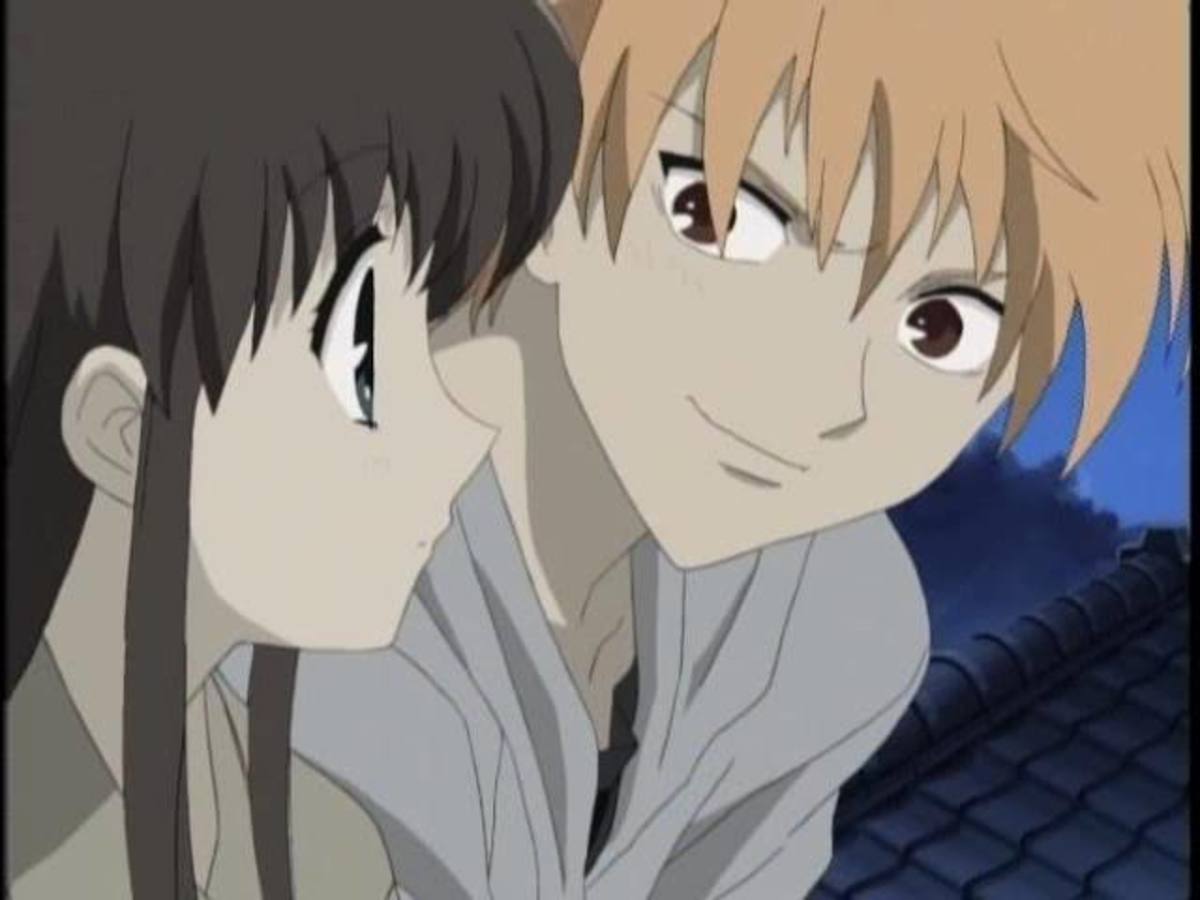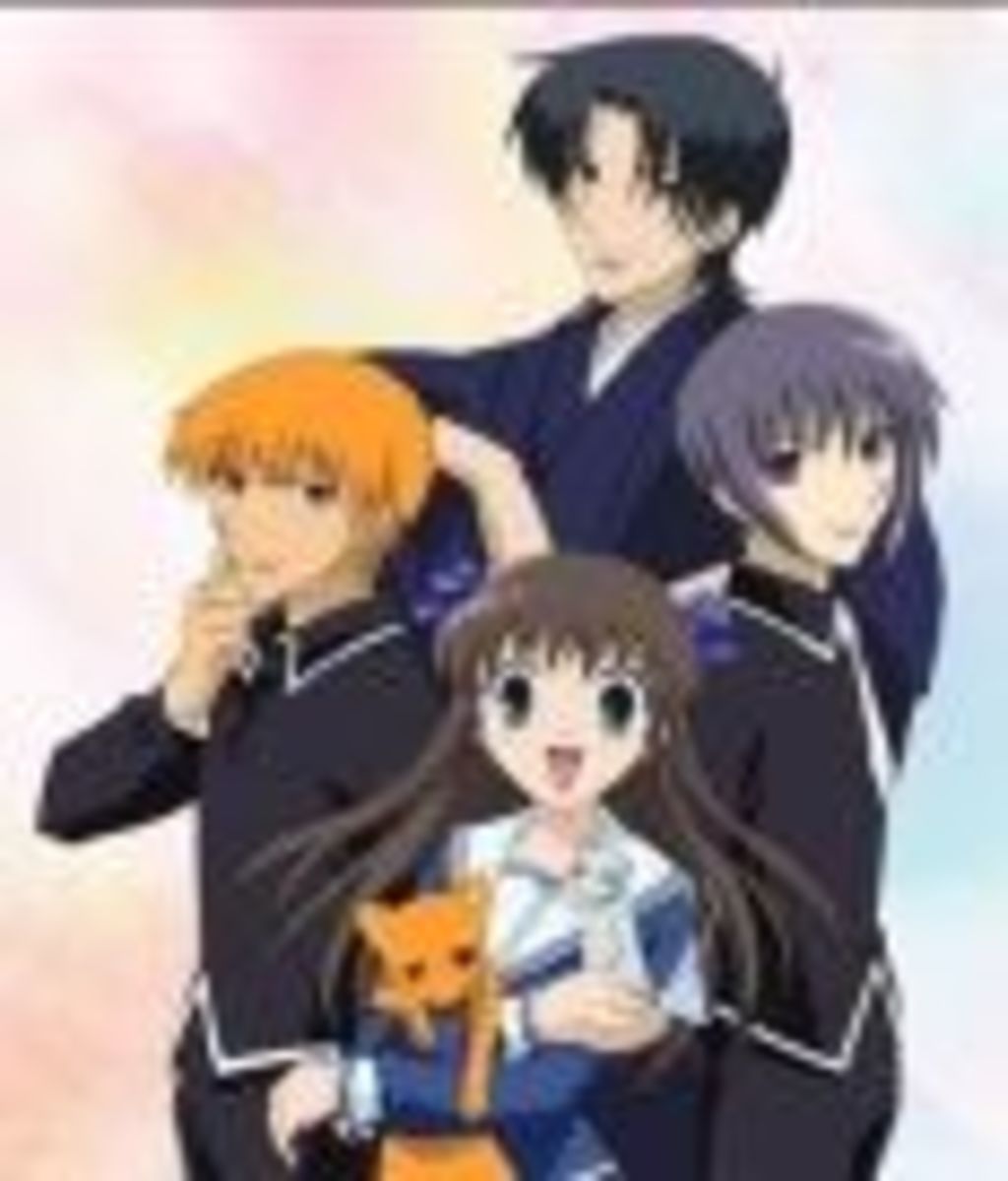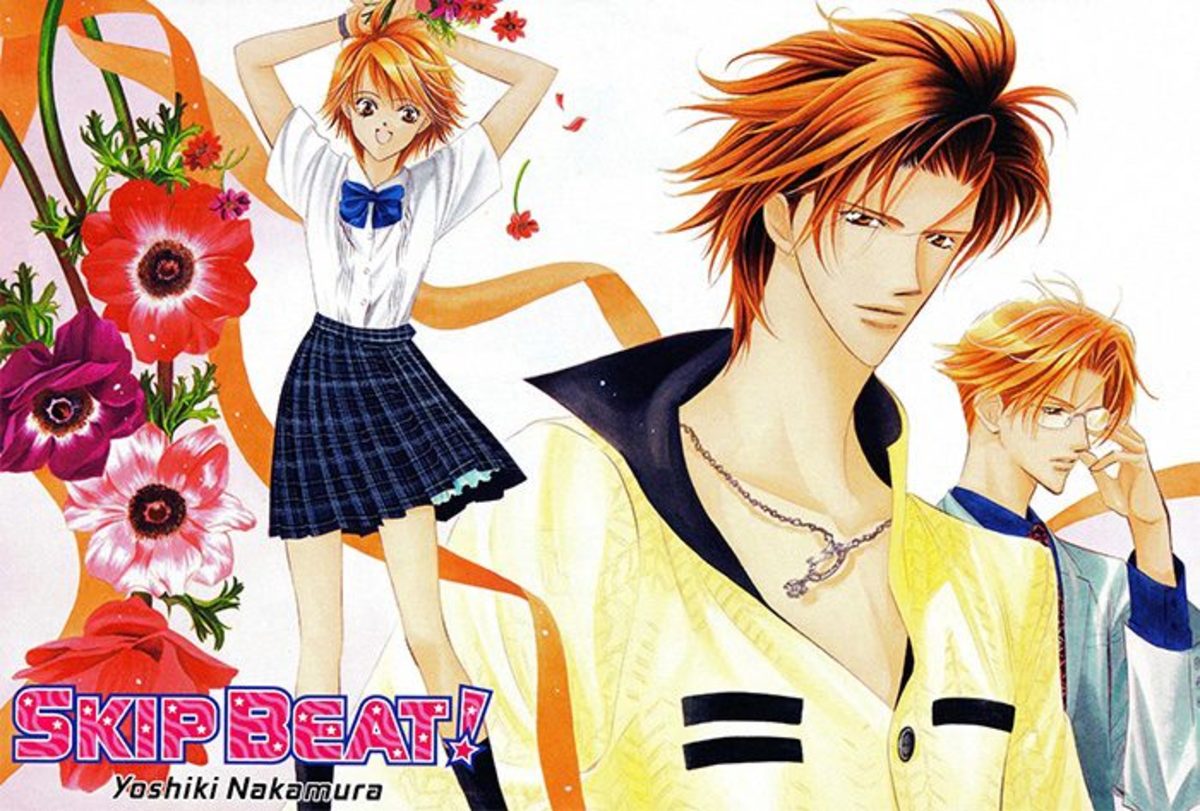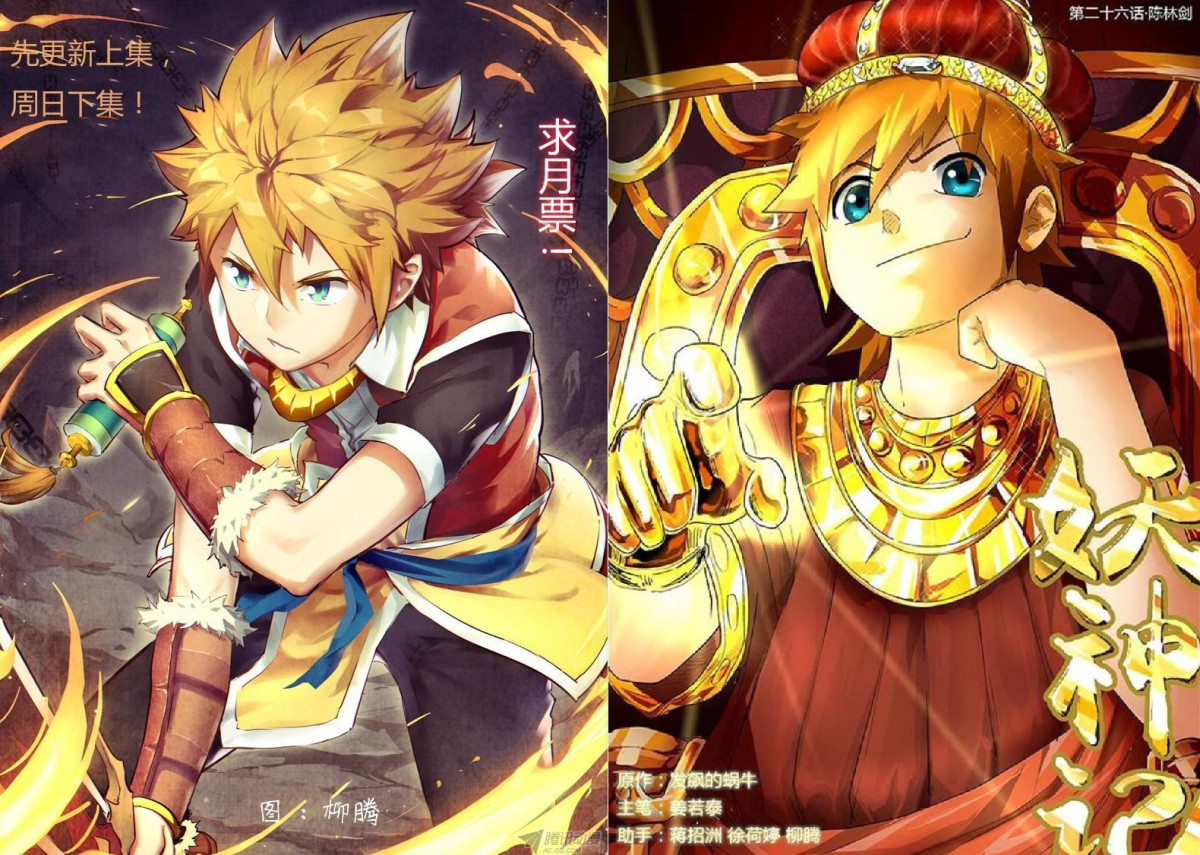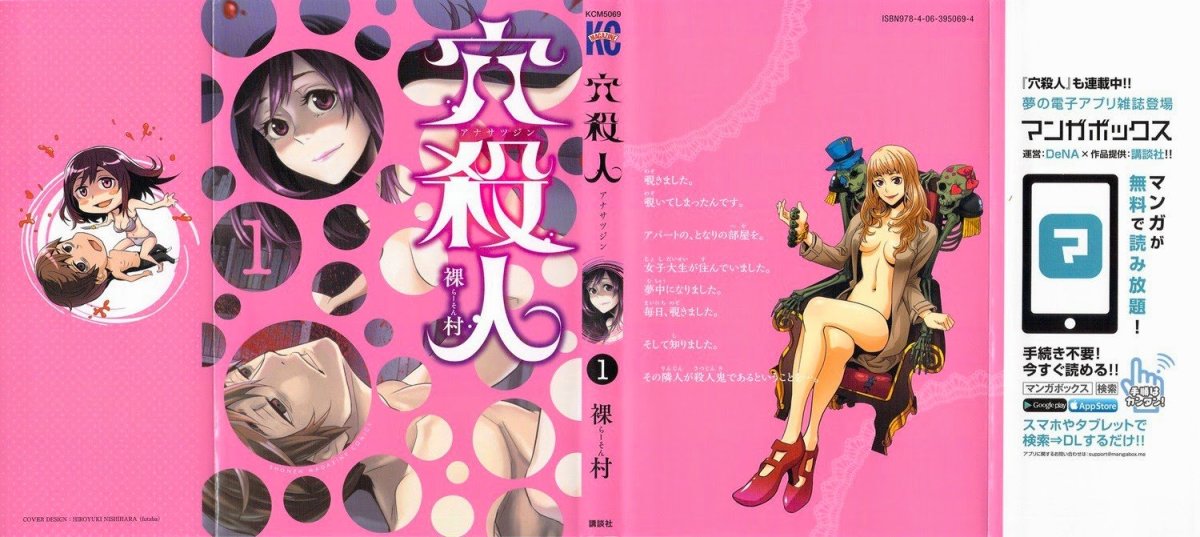The Clan of Secret Jerks: A Look At "Fruits Basket"
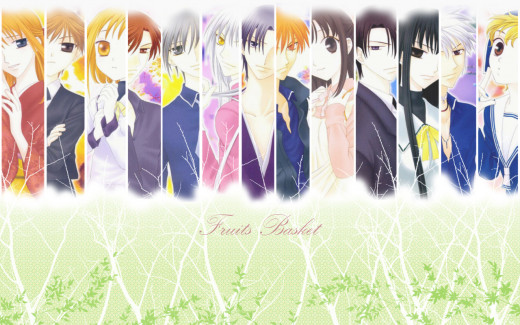
Fruits Basket may have ended almost ten years ago, but people are still talking about it. It's the finishing diamond on the tiara of Takaya's career, the foot to her boot, the mac to her cheese--oh, I do go on. But you get my drift. This bad boy is a shojo classic, ladies and germs, using an innocent art style and seemingly shallow genre to suck you into a tornado of existential darkness.
And if you're thinking, "Why are you reviewing this? Dude, comics aren't literature," see the link below to a previous post, oh padawan.
- Are Comics Literature?
Are comics for anyone other than creepy 40-year-olds doing God knows what in their parents' basement?
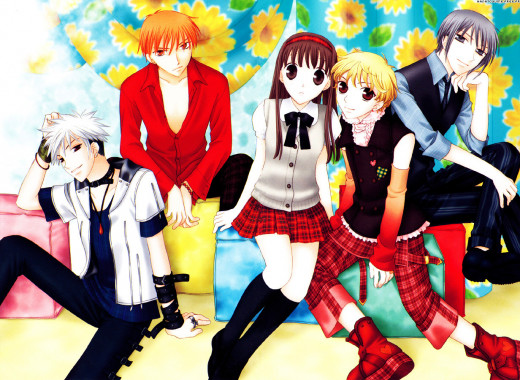
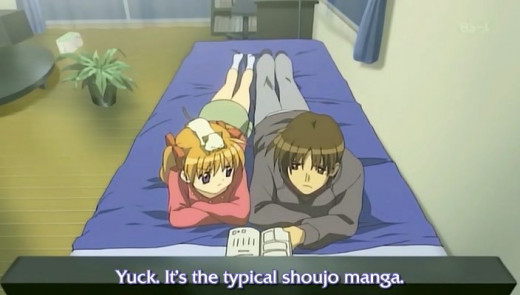
Some God-Awful Boring (But Not Really!) Background
This is a story about a clan possessed by spirits of the Chinese zodiac; when hugged by members of the opposite sex, they turn into these spirits. They naturally want to keep this creepy curse to themselves, but alas, they are discovered by an orphan girl who stumbles (literally) upon their secret.
This manga was pretty hot stuff here in the great U.S. I may or may not have been drawn into its sparkles and charm. I also may or may not have frequently lurked under the covers and scoured the internet to download crappy scans in Japanese (hey, I could at least look at the pictures, all right?).
But this wasn't just a weird American obsession. Fruits Basket was considered by both critics and audiences to be one of the best shojo (or shoujo, if you're not too lazy to type that extra vowel) manga in Japan.
Why, you ask? Because of its characters. Takaya fleshes all of them out with lengthy back stories, dark pasts, and a humanity that you don't usually see in a genre dominated by gender ambiguous males, glittery backgrounds, and puffy hair.
Granted, it does have its far share of clichés: the ditzy heroine, the bad boy with a heart of gold, prince charming,etc. Yet these setups are where the talent of the author comes into play. She uses them as vehicles to explore darker issues of obsession, abandonment, and the dismal reality that there's no such thing as earthly eternity.
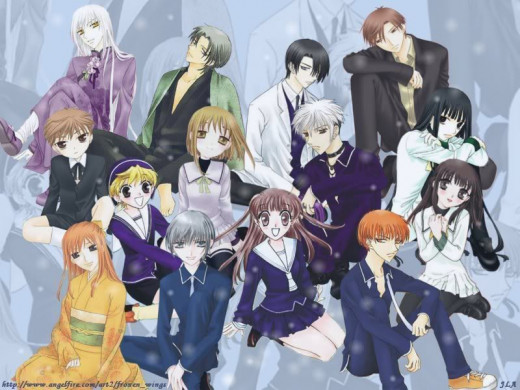
Da Characters
Maybe you still aren't interested. Maybe you think the whole genre is garbage and that one story about animals is hardly going to change your mind. Well, climb off your high horse, loser, and check out our main players.
Meet our usual bubbly heroine, who actually uses her appearance of ditziness to hide all of her emotional baggage, such as a terror of change that's utterly psychotic. And her “quirky” friends aren't the usual schoolgirl comedic relief. They come from pasts of gang brutality and violent telekinetic powers (which sounds a lot weirder than it is, I swear).
Now meet the school's usual prince charming. Go on, shake his hand. Good. Now wipe it on your pants so you don't catch his psychological trauma, because man, doesn't this guy have insecurity issues, along with a wild (though not entirely unfounded) fear of neglect.
And finally, check out the bad boy. Fine, isn't he? Sure, if it wasn't for his petty grudge-holding, built-up resentment, and social awkwardness which cancels out any potential sex appeal (though it gets better).
"The hell?" you're thinking. "This sounds awful and depressing. " That's what makes it cool, not to mention memorable.For at the end, Fruits Basket is a story of hope. We get to watch these characters fight, struggle, and finally stumble out of the dark path and into the first rays of new beginnings.
So what're you waiting for? Have at it.


